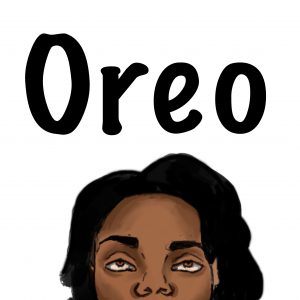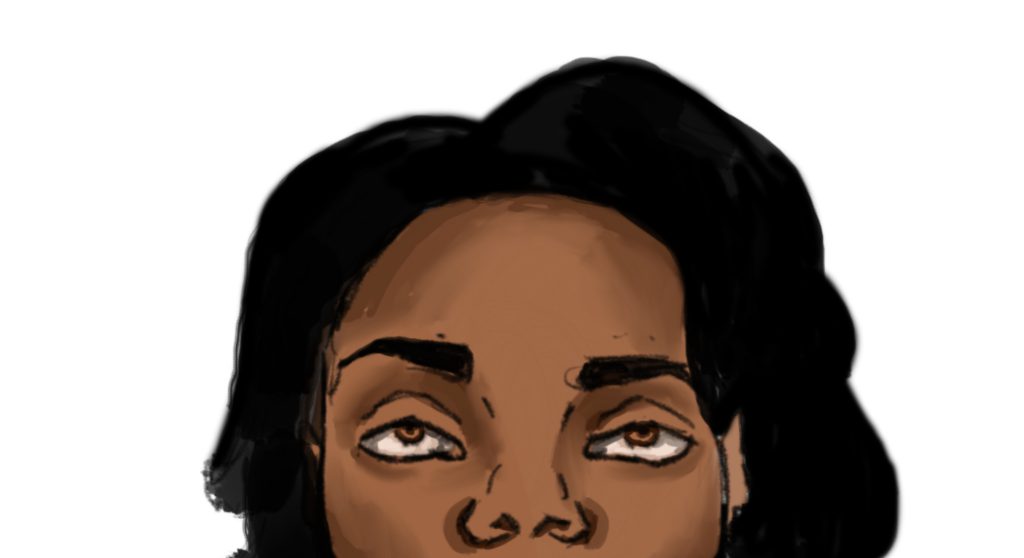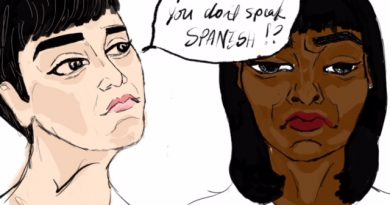There Isn’t One Way To Be Black

I was sitting in my English class talking about a fight that broke out during lunch when a classmate told me, “You talk like such a white girl. I’m so glad you don’t act like a regular black person.”
As a child, I didn’t understand the meaning behind this phrase, even though it was something I heard often.
I was in awe that someone could say these words to me. I wondered how they could even remotely think that was an appropriate statement. I knew I’d have to be an Angry Black Woman for the rest of my life because this wasn’t something I was going to put up with.
There’s a specific checklist directed toward African Americans, featuring bullet points on how we’re supposed to act and look. I soon noticed I can’t scratch off most of the requirements. When others noticed I didn’t hit the black person tally, they’d make remarks like, “You’re not like the others” or “You act so proper.”
I’ve heard these comments all my life and it never ceases to amaze me how many people say this to me whether they’re white, black or Hispanic.
These comments have caused a lot of self-doubt in my identity— they’ve caused me to question if I was being true to who I was. I started to wonder if I was acting black and if there was something I should try to change about myself.
I was constantly questioning my identity as a black woman because no one seemed to believe that’s who I wanted to be. Black people always said that I was trying to be white and non-black people always claimed I didn’t fit in with black people. I was confused on where I belonged. I knew I was black but no one else agreed. My teen-life crisis was in full force as I dwelled on how my skin color and articulation were connected.
Even though it was difficult, I rose above the hurtful comments. I’ve built an unshakeable self-belief in who I am and soon realized that it was not me who needed to change, it was the people that placed this stereotype on all African Americans.
The check list is derived from stereotypes that define black people as loud, ghetto or ratchet. Last time I checked, the color of my skin does not correlate with how I talk, with what I listen to or how I approach my everyday life. Saying I talk like a white girl isn’t a compliment. It’s an insult; it implies that you believe black people don’t use proper grammar.
For example, I’ve noticed that if you’re black, people think you can only listen to hip hop or rap.
As a South Carolina native, I enjoy an array of country songs, rap and pop. Nonetheless, it’s frustrating when people tell me my ‘black card’ will be revoked when I listen to Florida Georgia Line.
It’s beyond ridiculous that society believes that to be black you must conform to a small list of stereotypes. I’ve never been one to conform and I don’t plan on starting anytime soon.
Being black is being proud of my melanin-rich skin, knowing my history and fighting for equality. Being black means whatever I want it to be, because I will still be black no matter how I talk or what I listen to.




